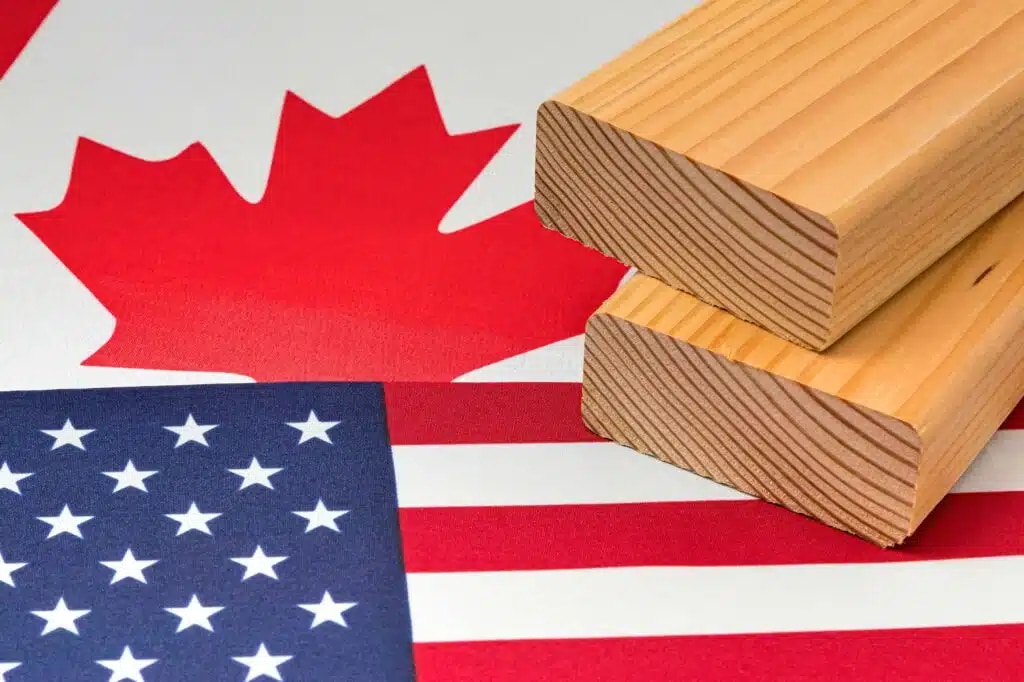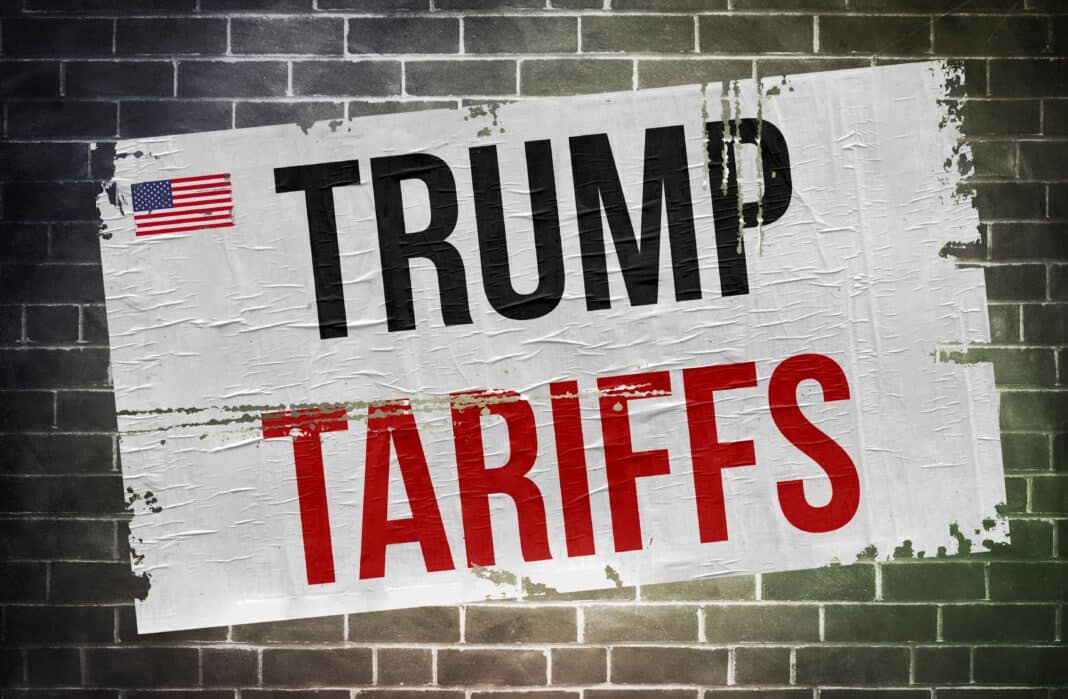“Expect a rocky road ahead”—that is according to Jason Morris, the University of Northern British Columbia’s UNBC Senior Political Science Instructor, who, just hours after President Trump was (re) elected as the 47th president of the United States, warned that Trump’s pro-tariffs economic policy could spell disaster for the region’s timber industry.
“We can keep an eye on our forestry policies in BC and the North to see how that goes, but with the slump in that industry, the negative impacts at present could be negligible should a new softwood lumber war emerge.”
Jason Morris, UNBC’s Senior Political Instructor on the potential for tariffs on BC timber exports.
According to Mr Morris, Trump’s success in rolling out tariffs could ultimately depend on gaining access to the House and Senate (where Republicans are projected to win both).
“I would keep an eye on how the votes turn out for Congress if the President has the support of both legislatures and if he can get a Republican majority in them. If that occurs, he will have an easier time having his way of getting his agenda put into place,” Mr Morris said.
“In Trump’s first term, there were lots of things he wanted to do, such as removing the former President’s (Barack Obama) health care reforms, and he failed to do that. He wanted to do more, like build a wall between the US and Mexico, but he didn’t succeed in that regard.”

The warning comes just days after Wood Central revealed that the American South is poised to replace Canada as North America’s dominant softwood producer – with the Canadian industry battered by trade restrictions, wildfires, insect infestation, and land-use regulations.
Already reeling from the last round of softwood lumber duties—one of the world’s longest-standing trade disputes—Fastmarkets reveals that further duties, which are expected to jump again in the new year, could squeeze Canadian logging companies.
- Click here for Wood Central’s special feature on Trump’s tariff policies (which include a 10% tariff on all goods imported into the United States and a 60% tariff on all Chinese goods) and it’s impact on the global supply chain for timber.






